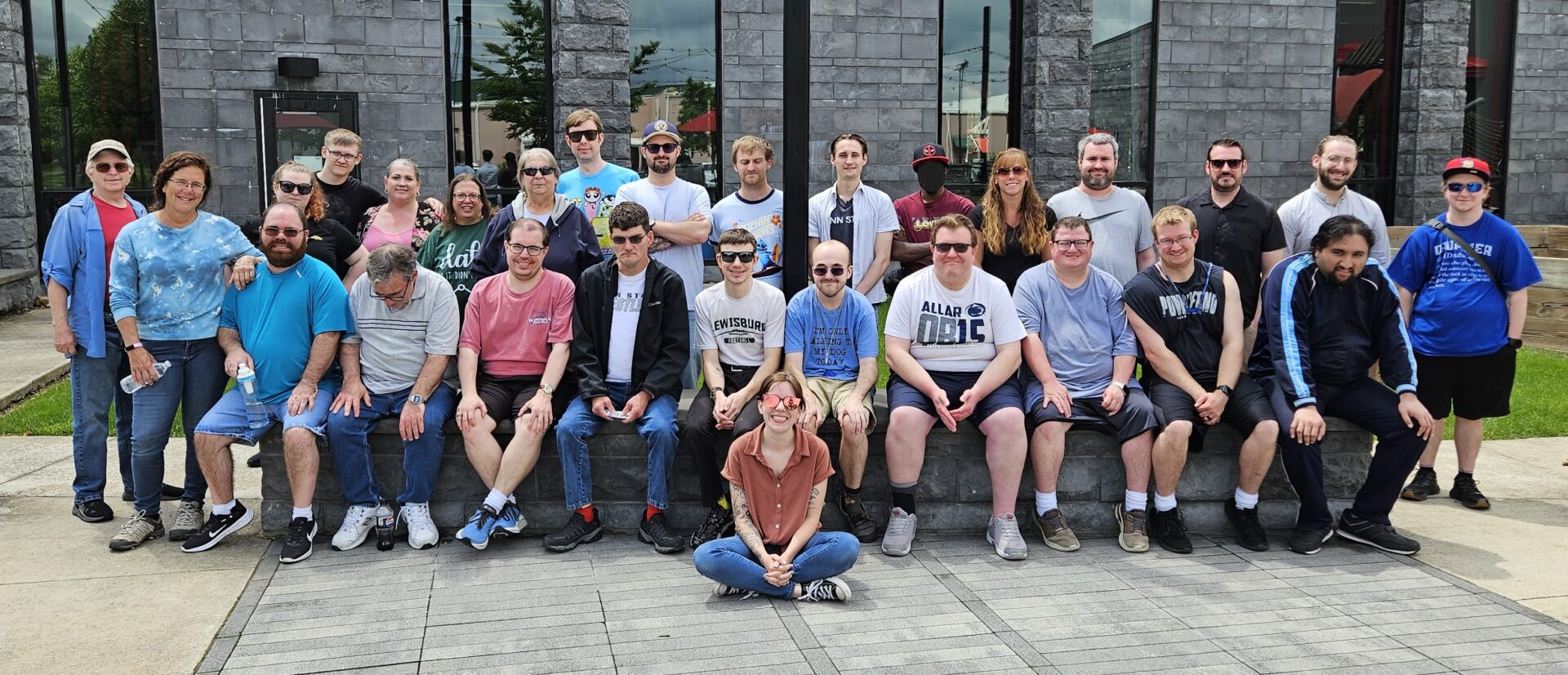STATE COLLEGE — According to the Centers for Disease Control and Prevention, one in 36 children were diagnosed with autism in 2022 and for too long, families in Centre County navigating an autism diagnosis have had to wait, sometimes for months or even years, for the services their children and loved ones desperately need. But now that wait is over.
Thanks to a major expansion effort by Autism Diagnostic Evaluations Resources and Services (ADERS), individuals with autism spectrum disorder (ASD) and intellectual disabilities in the State College area can now access services without delay.
The nonprofit recently launched its GrowADERS initiative, an ambitious plan that’s already paying dividends by fully eliminating waitlists in Central Pennsylvania. From evaluations to behavioral support, from life skills coaching to job placement assistance, these essential services are now available immediately.
“One of the largest hurdles that I saw when working this role was that there were extensive wait lists, particularly for the adult autism.” Kyle Brubaker, a direct support professional, administrator and advocate with ADERS, said. “Timely support is critical for families navigating autism. By expanding our outreach and service capacity, we’re ensuring no one has to wait for the help they need.”
The GrowADERS initiative tackled the problem from every angle. ADERS hired and trained more behavior technicians, case managers and employment specialists to expand its capacity. It also partnered with local universities to bring in interns and future professionals, strengthening the pipeline for trained staff.
Behind the scenes, the organization reworked its entire intake and referral system, moving from a reactive model to a proactive one. That means families no longer get placed on hold. Instead, they’re connected with support services right away.
“These efforts allowed us to offer immediate support to individuals and families rather than placing them on lengthy waiting lists,” Brubaker said.
Scaling up in Centre County came with challenges, particularly in recruiting qualified professionals for a largely rural service area. ADERS responded with hybrid and flexible job options, mentorship opportunities and a renewed focus on community engagement to spread the word.
“We really have centered our initiative around identifying those individuals that not only are highly motivated and know what it means to advocate already, but individuals that know that they want to do something like this for the long-term,” Brubaker stated.
While the infrastructure changes are impressive, the heart of the story lies in what this means for families.
Research shows early intervention can drastically improve communication, learning and adaptive behavior for children with autism. But when services are delayed, those developmental windows can close.
“When services are accessible at the moment of need, parents feel empowered,” Brubaker said. “Children begin to develop essential life skills earlier and the long-term burden on schools and health systems is reduced.”
ADERS isn’t just helping young children. Their life skills and employment readiness programs are changing what adulthood looks like for individuals with autism. Participants receive hands-on training in resume building, interview prep, workplace communication and financial planning.
The goal? Independence.
“We’ve placed young adults into jobs across retail, health care and hospitality, and we continue to support them with on-the-job coaching and advocacy,” Brubaker said. “These programs not only open doors professionally, they foster social inclusion and long-term stability.”
To ensure no one slips through the cracks, ADERS is working closely with local schools, pediatricians, behavioral health providers and vocational rehab services. From transition planning in high schools to referrals from pediatric clinics, the goal is seamless care.
“These partnerships are vital,” Brubaker said. “They allow us to build a more coordinated and holistic support network around each individual we serve. We’re aiming to create better continuity for families looking for continued care as individuals graduate.”
As the organization has grown, it’s remained grounded in personalized and informed care. Each person receives a custom service plan built in collaboration with their family, and staff undergo ongoing training to ensure care remains individualized, even as demand increases.
“It’s invaluable. Staff with lived experience bring insight, empathy, and a deep understanding of what families face,” Brubaker stated. “They know what it’s like to navigate complex systems and can relate on a human level with the families we serve. Their presence strengthens our culture and builds trust with the community. Having that perspective ensures our services are not just clinically sound, but also compassionate and relevant.”
Brubaker, who is looking to attend Geisinger Commonwealth School of Medicine, has begun looking into starting a student organization at the school.
“I’m already in the works with that with some students there to create a case review system where we can review cases, cases with ADERS, and begin to provide recommendations to certain clinicians as well as improve access and help orient some of Geisinger’s system to be centered around these rural areas.”
For more information on ADERS, visit adersinc.org to get started. Evaluations, therapies, life coaching and job support are all within reach today. Because every family deserves help when they need it most and now, thanks to ADERS, Centre County families can finally get it.




